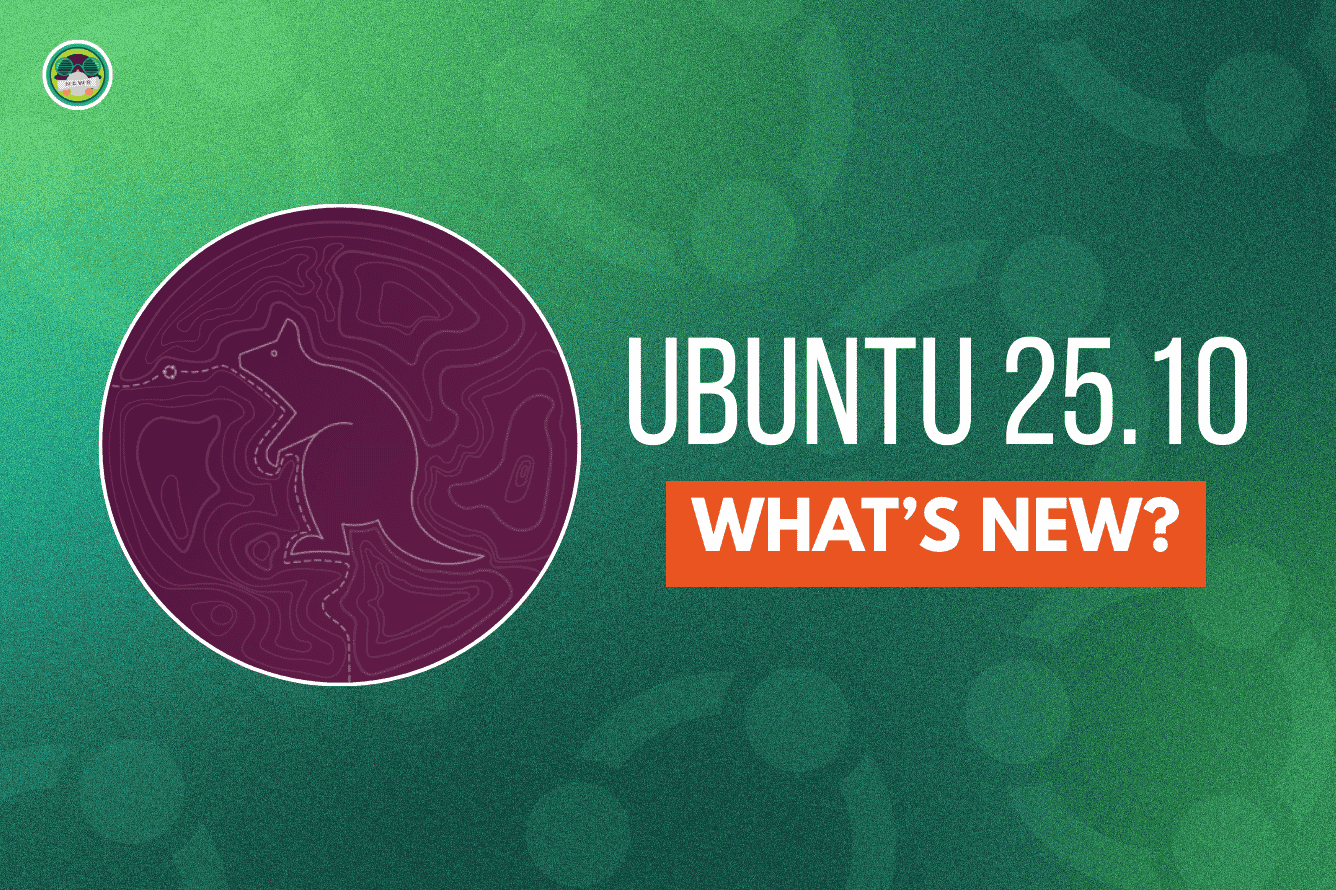Canonical is steadily evolving Ubuntu into a modern, more secure, and developer-friendly operating system. Recent moves, like implementing the Rust-based sudo-rs to replace sudo and exploring Rust alternatives for core utilities, clearly show a focus on safety and performance.
With these changes, Ubuntu is positioning itself as a platform that can handle all kinds of workloads, from general use and software development to AI applications. Its strong server presence further strengthens its multipurpose nature.
The company's latest move just continues along this trajectory.
What's Happening: Canonical has announced that Ubuntu will officially distribute the NVIDIA CUDA Toolkit directly in its repositories. This integration allows developers to install CUDA with a single command, eliminating the need for manual downloads or repository setup.
The move looks to streamline workflows for AI, machine learning, and high-performance computing projects. By managing dependencies and compatibility, Ubuntu ensures that developers can focus on building software rather than configuring environments.
Canonical points out that this step builds on a long-standing partnership with NVIDIA. In their announcement blog (linked above), they also mention that:
For application developers targeting Ubuntu systems, this new distribution model means they can simply declare the CUDA runtime, while Ubuntu manages its installation and compatibility across a wide range of supported NVIDIA hardware.
This ensures that CUDA will be more accessible and integrated into a widely-used and trusted Linux distribution.
What to Expect: Once implemented, users are going to experience a simpler, more reliable CUDA installation. This way, they have to spend less time on setup, while Ubuntu handles dependencies automatically to ensure libraries and drivers match the GPU on board.
Developers working on AI, machine learning, or HPC projects will have a less stressful workflow due to this. The system is set to provide standard CUDA libraries and tools, reducing manual configuration and allowing projects to run with minimal effort.
At the time of writing, there was no official word on when this would be available in Ubuntu’s repositories. So, you will have to wait a bit.
Suggested Read 📖




